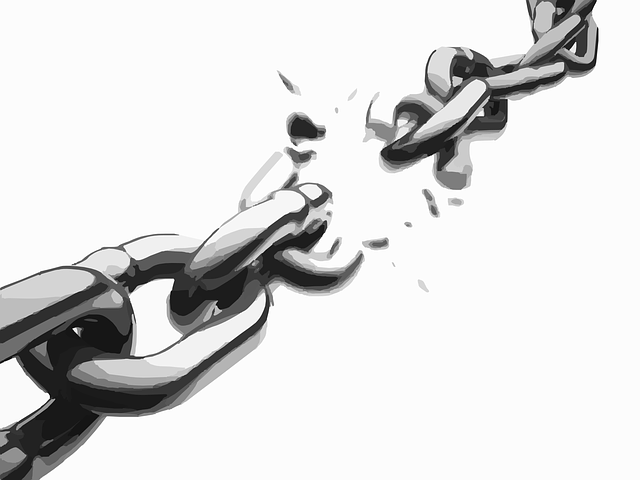Dementia and Legal Issues
For people caring for family or friends struck by dementia legal issues need to be considered. If a family or friends do not do so, or do not feel that they are able to then local authorities will assume the role of guardian for care and legal matters.
On this page - and those linked - I do not offer specific advice on these legal issues surrounding dementia, because I understand it is illegal for me to do so. Therefore, the articles linked below reveal my own experience in dealing with these legal responsibilities. However, for those living in the United Kingdom I do direct you to appropriate official sites where you can start the process.
 Dementia and Legal Issues
Dementia and Legal IssuesIf you have a friend or family member who has been struck with dementia, has a learning disability or brain injury, you may choose, or be obliged by love or a moral responsibility, to embrace legal devices that protect their legal rights and wishes for their continuing care.
Of course, on this website I am only dealing with Dementia and legal issues associated with the disease. Yet, the advice on Power of Attorney can be useful to anyone; ill or not.
One thing that has become apparent to me from my own experiences and investigations is that it pays to plan ahead.
Legal Issues
Power of Attorney – A Form of Living Will
If you are presently of sound mind and not subject to the Mental Capacity Act of 2005, and believe that you have a life limiting or neurological degenerative disease you can make plans for your future.
You can give instructions to attorneys you appoint about your future care, financial matters and, most important of all, to have your dignity maintained when you can no longer protect it yourself.
Having decided to award people you trust with the Power of Attorney while you are to instruct them, then there is the process of form filling. You will need to apply to the Court of Protection. This form filling is not an onerous task. In fact, it is very straight forward. You may choose to ask a solicitor to do this for you and you will obviously have to pay for this; however, it is not difficult.
Of course, you need to be good at form filling. I am not. I have a couple of degrees and my heart sinks and my confidence desserts me when someone plonks a form in front of me. You give me you form to check, I am your expert. With my own forms I am incompetent. Go figure.
However, I have friends among whom there are good form fillers. Also, in the United Kingdom you have the wonderful privilege of the Citizens Advice Bureau who do have solicitors who volunteer and share their advice freely.
If you do fill the forms yourself, it does make sense to have someone expert in offering legal advice have a look at it. You have to pay, but only to check out the form. Again, you can ask your local Citizens Advice Bureau office.
For more information please Click Here
Court Appointed Deputy
Among the small number of legal issues that you need to entertain is that of the Court appointed Deputy. This is necessary when loved ones have lost the ability to make decisions for themselves.
A Deputy is a person appointed by the Court of Protection to make decisions for someone who lacks mental capacity to make appropriate decisions about his or her own Health, Welfare, Property and Finance.
Like the Power of Attorney, you (or you and others) apply to be appointed by the Court to look after someone’s financial interests and health and welfare. The person for whom you are appointed as an Attorney decides to choose you.
If the person in question cannot give instructions, then you will need to take advice from the person’s psychiatrist who makes a diagnosis that confirms the mental incapacity according medical, psychiatric and legal criterion.
Once you are appointed as a deputy you become legally accountable for your actions, particularly for the disposal of the assets of the person you are acting for.
For more information please Click Here
Go to Dementia with Lewy Bodies page
Go to Symptoms of Dementia Page
Go to Dementia Devotion Home Page
This website was built with SBI

Recent Articles
-
Dementia Diary. We Must Break Her. It's my name she calls constantly
Dementia Diary. We’ve Got To Break Her.We had all agreed that we had to accept and commit ourselves to the hope that the dementia carers would become her family -
Dementia Diary Page 3. Love, Trauma and Laughter all within minutes
A Dementia Diary. The days that passed were full of Love, Laughter, Kindness and Exquisite Pain. Be ready to weep, laugh and, as usual, hate bastard rabbits. -
Dementia Devotion - Beautiful Karen Carpenter just ran out of time
Dementia Devotion - I keep thinking about beautiful Karen Carpenter who was so caught up in other people's demands that she ran out of time to save herself. -
Betty suffered dementia the last few years and was a very nice lady
Dementia Diary Day 31 Red Squirrels, Rabbits (again) & Suicide Salad - The first news I heard this evening from the Head Nurse, was that Betty had just died -
dementia diary day 30. Has The Mafia Assassin Revealed Her Identity?
Has The Dementia Care Home Assassin Revealed Her Identity? Her right eye was swollen, almost closed and the bruising ran from darkest blue, purple to black -
Dementia Diary Day 20 - Purpose, Futility & Bastard Rabbits!
Dementia Diary Day 20 - Purpose, Futility & the Bastard Rabbits! Eating My Garden







